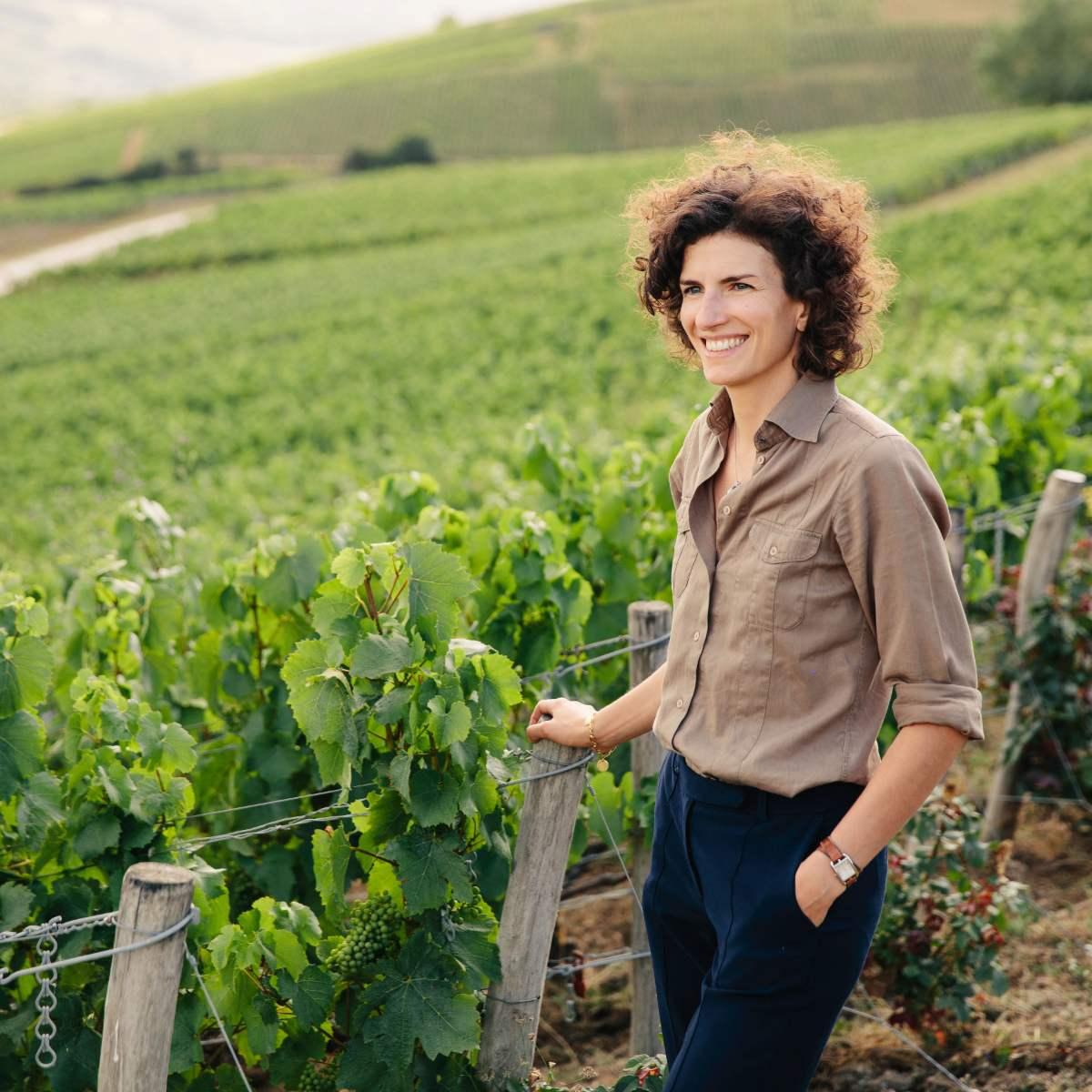Champagne is steeped in centuries of tradition. What's the boldest move you've made in your winemaking that might be considered innovative or heterodox, and what convinced you it was the right choice?
The very creation of this house was itself a bold move. My father would be better placed to answer this question than I; he founded a maison when there had been no new Champagne houses in a century. That in itself led to several innovations later followed by many other producers: aiming for low-dosage wines; reintroducing barrels when everyone else had abandoned them; building a temperature-controlled ground-level cellar; and choosing from the outset to be transparent and informative, with the disgorgement date printed on the back label.
And, of course, starting a perpetual reserve in 1985 - exactly forty years ago - long before it became fashionable. At that time, the traditional way of keeping reserve wines in Champagne was very different.
Champagne is both a heritage product and a global luxury commodity. What are the most pressing challenges you see for producers today, and how do you navigate them?
The answer is probably in your question. Champagne is so diverse. I often say we are an ecosystem - and in ecosystems, each entity has its role. The choice of crus, the type of press, the length of ageing....all of these decisions lead to very different styles and costs of Champagne production.
So yes, Champagne as a whole has the means to remain an affordable luxury. That being said, Champagne thrives in times of peace and prosperity, less so in times of economic conflict or uncertainty. In the short term, we could all use a bit of fresh air. In the long term, the greatest challenge lies in pursuing the right viticulture - continuing to observe, adapt our practices, and take responsibility for reducing our impact.
Global Champagne sales have shown some sluggishness in recent years. From your perspective, what's driving this trend, and how are you adapting your strategy to maintain growth and relevance?
Global Champagne sales have gone through two phases of slower growth. The first was a necessary correction after an excess of shipments caused by shortages. The current slowdown is different - driven by rapid cost increases, exchange-rate challenges, and international economic tensions.
As for adaptation, it depends on each producer. The key question is: what kind of growth do we want? Not all producers share the same priorities. For Champagne Bruno Paillard, our advantage is that as a relatively young maison, there are still many territories to explore and networks to build - which keeps us busy. Our absolute priority remains guaranteeing the quality of our wines and strengthening the resilience of the house.
Sustainability is increasingly important in viticulture. How do you integrate environmental responsibility into your vineyards and production without compromising the character of your wines?
Thank you for mentioning the production phase. Because we are wine producers, people often limit this question to vineyard practices - which are essential, costly, but also rewarding. Some choices are obvious, though not always easy to implement daily: using zero insecticides or weed killers, increasing biodiversity by planting around parcels, and developing vineyard diversity. Others require more observation and finesse, such as enhancing soil life or working on massal selection. In production, it's about reducing energy consumption, investing in the right tools, and managing resources efficiently. We've also improved temperature stability through restoration works.
Since July, we've been producing our own energy in one of our facilities - and redistributing it locally. The bottle itself is a key factor: we've stopped using clear glass, increasing the proportion of recycled material from 20% to 85%, and we're now working on reducing bottle weight. It's an endless list - and rightly so, because sustainability must remain an ongoing pursuit.
Looking back on your journey, what advice would you give to emerging winemakers who aim to make a mark in Champagne, and what do you hope your own legacy inspires in the next generation
[Laughs] It may be too soon for me to answer that question - I'm only 42 years old! But so far, I'm not sure that aiming to make a mark is the best motivation to actually make a lasting one. We live in times when communication takes up a lot of space - it's easy to be noticed quickly, until the next person is too. So, I would return the question: What is your dream? What do you dream of achieving for your house, for your wine? Then follow that dream tirelessly, avoiding the obvious and too-easy options.

Q&A: Alice Paillard, CEO, Maison Bruno Paillard
Champagne Bruno Paillard is an anomaly - a young house in a region defined by centuries of tradition. CEO Alice Paillard reflects on bold beginnings, the challenges facing Champagne today, and the value of quiet persistence.

Alice Paillard









.png)









